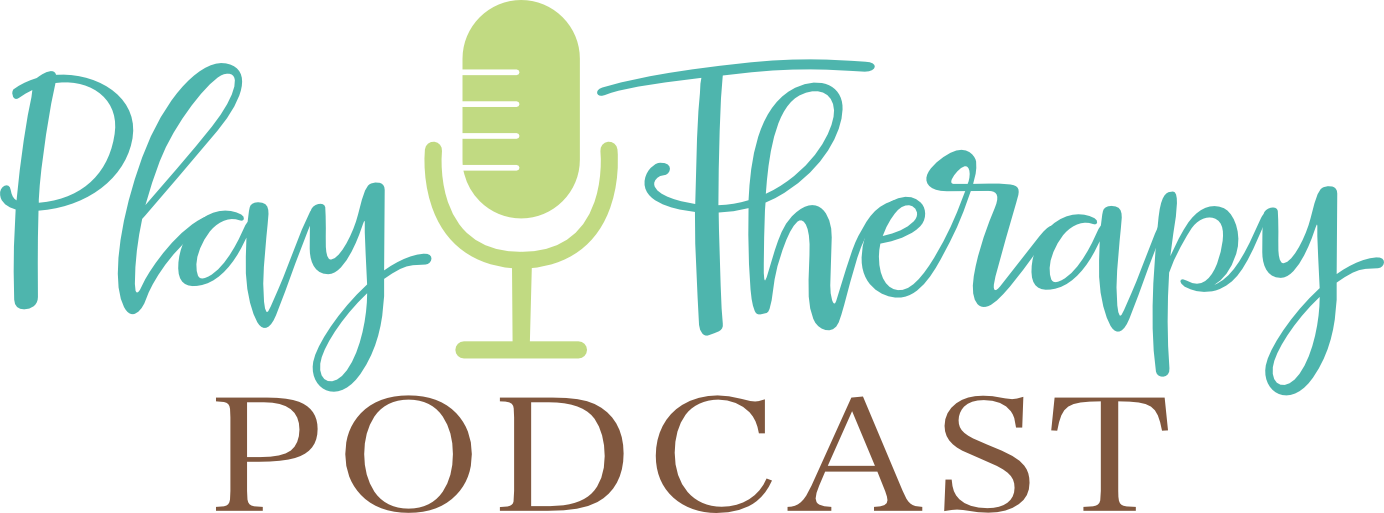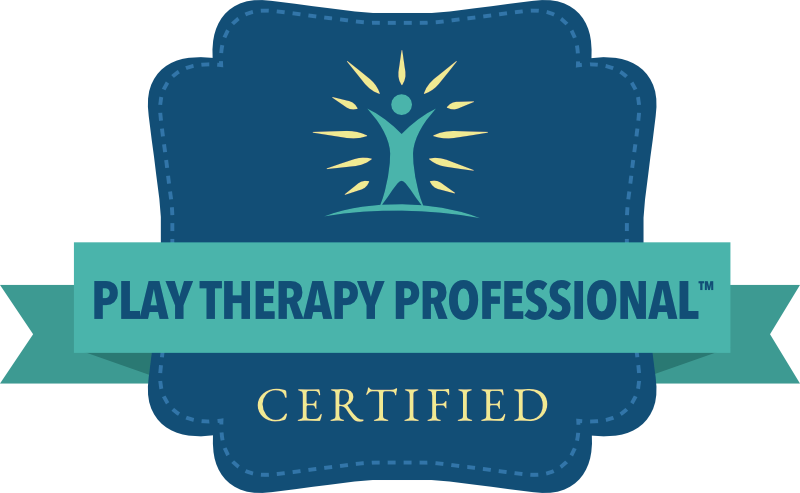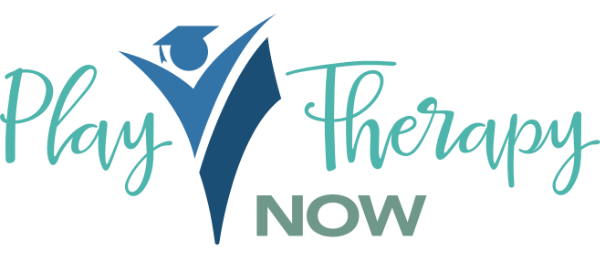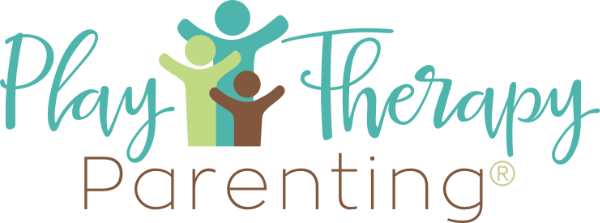Bad Guys Play: Healthy Expression or Cause for Concern?
In this episode of the Play Therapy Podcast, I respond to a question from Nada in Texas about working with a six-year-old boy who is fascinated with “Bad Guys” behavior in his play. The child often portrays himself as a bully or a criminal in both his drawings and role play, which has raised concerns for his parents about the social implications and his future behavior. Nada asked whether it’s appropriate to encourage this type of play or whether it should be redirected, as well as whether introducing themed toys, like police or criminal kits, would be helpful.
I explain that playing out “good vs. bad” themes is a healthy part of child development, especially for children who may feel powerless in their everyday lives. Children often adopt “bad guy” personas because it gives them a sense of power and control. I caution against parents actively trying to facilitate or direct this type of play at home, as children typically work through these feelings in the playroom. Instead, I suggest supporting the child’s growing identity by fostering his interests in activities that boost his confidence and self-esteem, while providing a space where he can freely express his emotions and work through feelings of powerlessness.
If you would like to ask me questions directly, check out www.ccptcollective.com, where I host two weekly Zoom calls filled with advanced CCPT case studies and session reviews, as well as member Q&A. You can take advantage of the two-week free trial to see if the CCPT Collective is right for you.
Ask Me Questions: Call (813) 812-5525, or email: [email protected]
Brenna’s CCPT Hub: https://www.playtherapynow.com
CCPT Collective (online community exclusively for CCPTs): https://www.ccptcollective.com
Podcast HQ: https://www.playtherapypodcast.com
APT Approved Play Therapy CE courses: https://childcenteredtraining.com
Twitter: @thekidcounselor https://twitter.com/thekidcounselor
Facebook: https://facebook.com/playtherapypodcast








